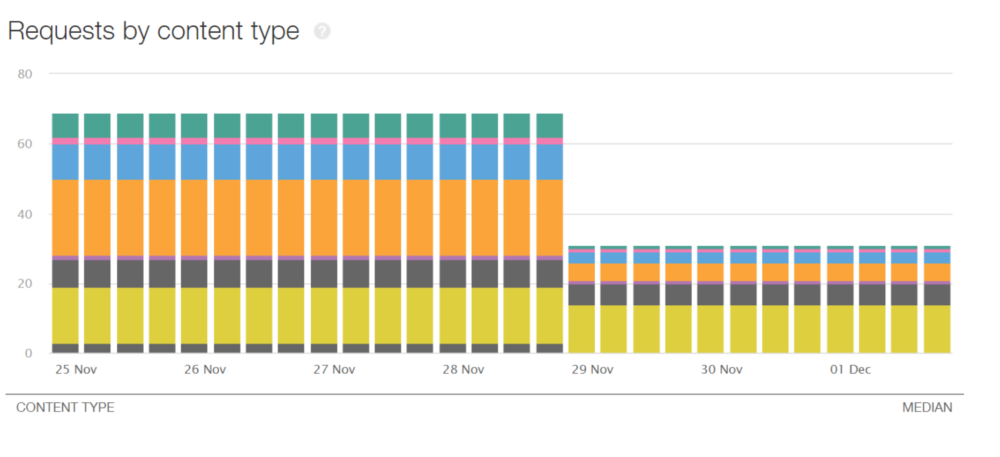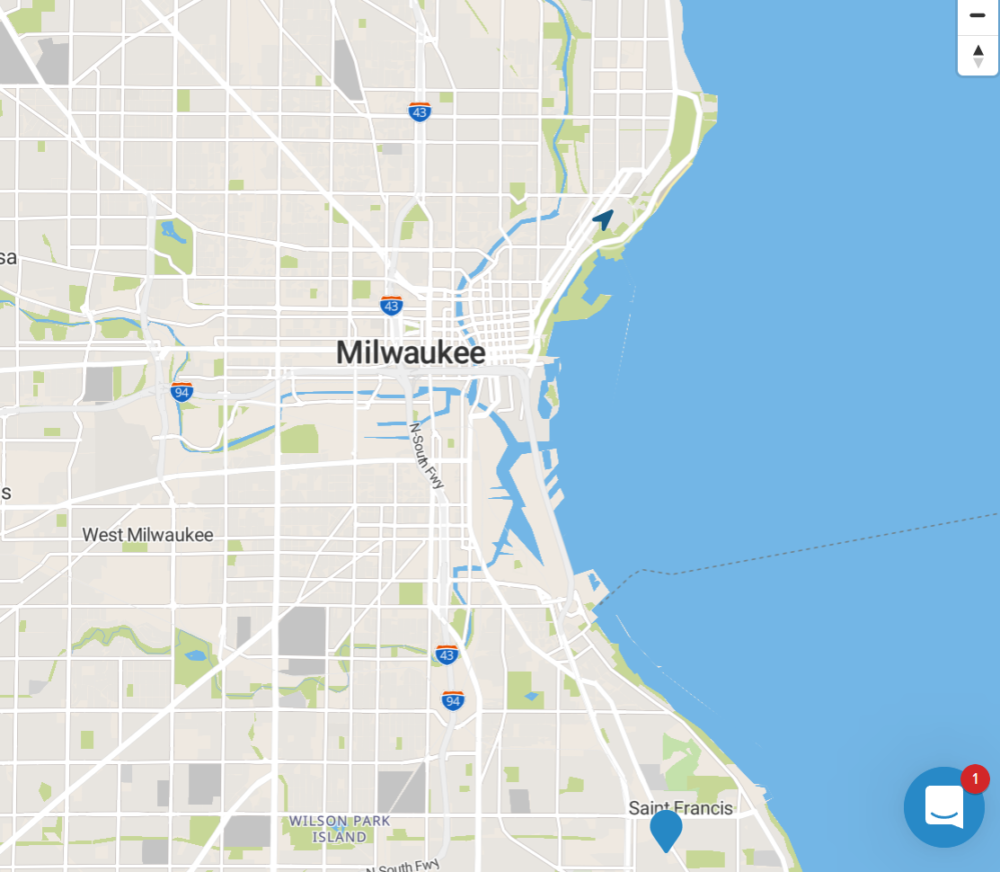MetaLocator has recently been updated to improve our “Core Web Vitals” performance scores across the board. Most customers will see an immediate and dramatic improvement in the average page load time for all end-user facing pages, such as the locator, our location pages, lead forms and so forth.
These changes have been applied to Interfaces created using our Interface Builder and for those customers already using the Interface Builder, no action is required to enable this upgrade.
Performance is arguably the most critical metric in conversion optimization. Most locators built on MetaLocator are effectively lead-generation engines for our customers. These leads commonly represent sales ranging from under $1,000 up to millions of dollars. Capturing, tracking and optimizing these high-value leads throughout the journey to revenue demands a high-performing customer experience.
Building a locator platform with over 700 features while keeping performance overhead to an absolute minimum is a feat of engineering and a balancing act that is never truly “done”. We will continue to identify performance improvements throughout our platform as part of our software development life cycle.
For our valued customers using our legacy products, please reach out to identify a path toward this free upgrade.
Click play on the video below to show the before and after effects of the Core Web Vitals update.

Upgrading to the Interface Builder
The Interface Builder is free to use, so users can try out this upgraded software quickly and easily at no additional cost. We encourage anyone to give it a try, and to reach out to our support team with any questions on how to best use this new software. To get started, login to your account and create a new Interface. This video shows how to easily build a new Interface in the Builder.
Web Industry Statistics
Increasing the performance of business and consumer facing websites has been a major focus in the industry the past few years, and one that MetaLocator has looked to improve upon. There have been extensive studies and findings linking an increase in website performance to better sales, higher conversion rates, and decreased bounce rates.
One key finding by Google indicated over 50% of mobile visitors will leave a mobile site if it takes longer than three seconds to load. Google has even announced that Chrome will now flag slower websites to encourage faster user experiences.
This finding from a prominent source bolsters the fact that web performance is already a large focus for consumers, especially in today’s fast paced on-demand environment.
This also aligns with a recommendation from Hubspot: to improve conversion rates, a website should prioritize optimizing its page speeds. This is seen as something that can make an immediate, positive impact on conversion rates.
This claim is further backed up by a study conducted by Unibounce which showed that nearly 70% of the willingness to purchase a product is affected by page speed.
According to a study from Portent in 2019, the highest ecommerce conversion rates occur on pages with load times between 0-2 seconds while conversion rates drop by an average of 2.11% with each additional second of load time (between seconds 0-9).
A real world example of the impact of performance can be found in a study conducted by Walmart. Walmart found that for every 1 second of improvement, they experienced up to a 2% increase in conversions. For every 100ms of improvement, they grew incremental revenue by up to 1%.
How Locator Performance is Different
Locator software faces unique challenges when it comes to optimizing web performance. First, map imagery is a large amount of content to download, and can contribute to slower load times. MetaLocator combats this by leveraging vector-based maps, which are downloaded quickly and then rendered by the browser. Secondly, many of our queries can not be pre-computed or “cached”, since each user has a unique physical location.
MetaLocator is always looking for ways to improve, despite these unique challenges the locator software industry faces. There is always room for improvement, and our core vitals update is a great start.

The Future of Web Vitals for MetaLocator
MetaLocator is always seeking the best ways to improve the store locator products, and core web vitals along with the speed of the page loads is always a priority. This step forward is seen as an important first step in optimizing the application.
The changes were made through the introduction of code combination as well as the compression and minification of the software to reduce the overall response time of our locators and location pages.
These changes will not only help the software run more efficiently and create a better customer experience, the improvements are also proven to help produce more conversions and lead to more business.
